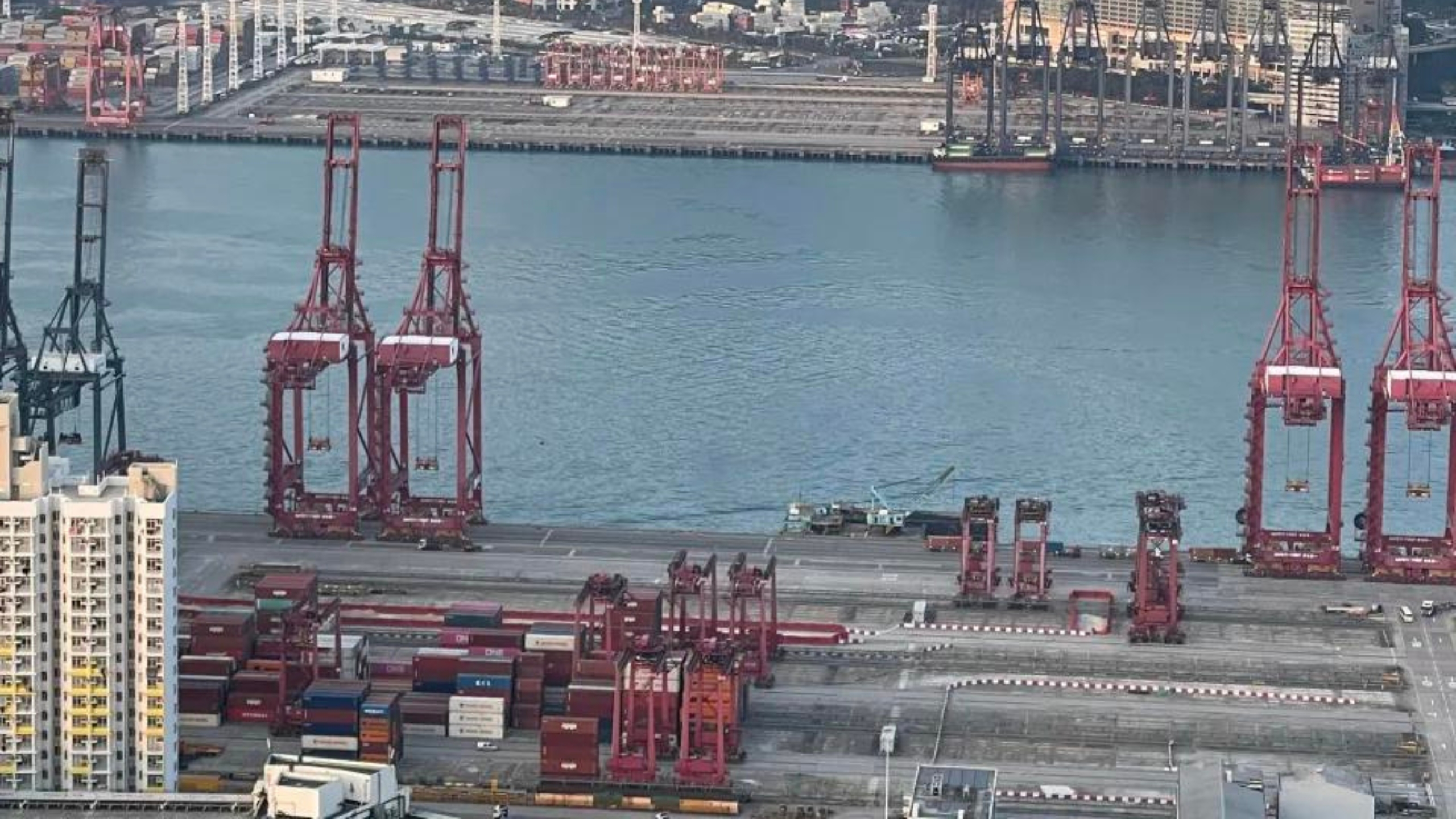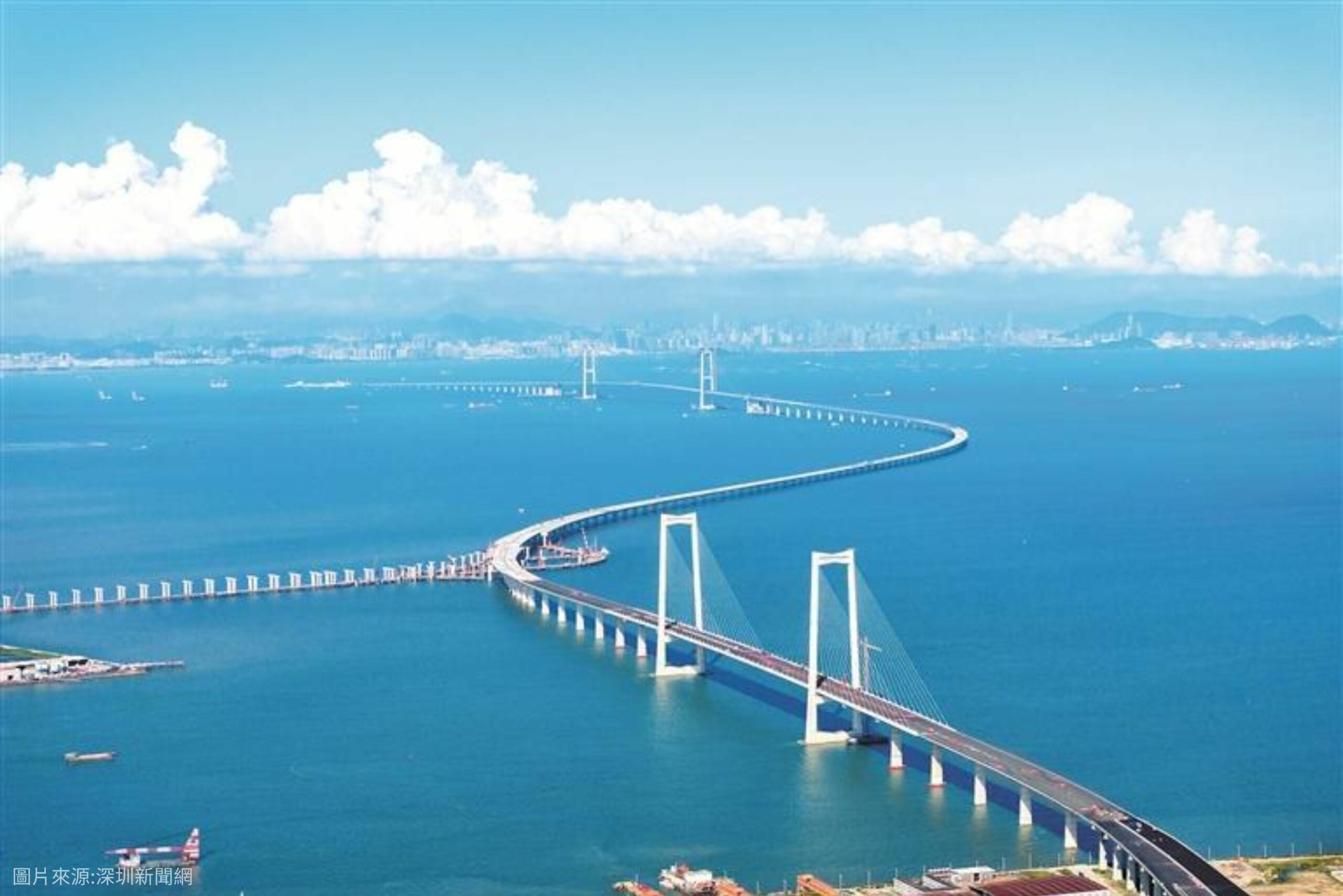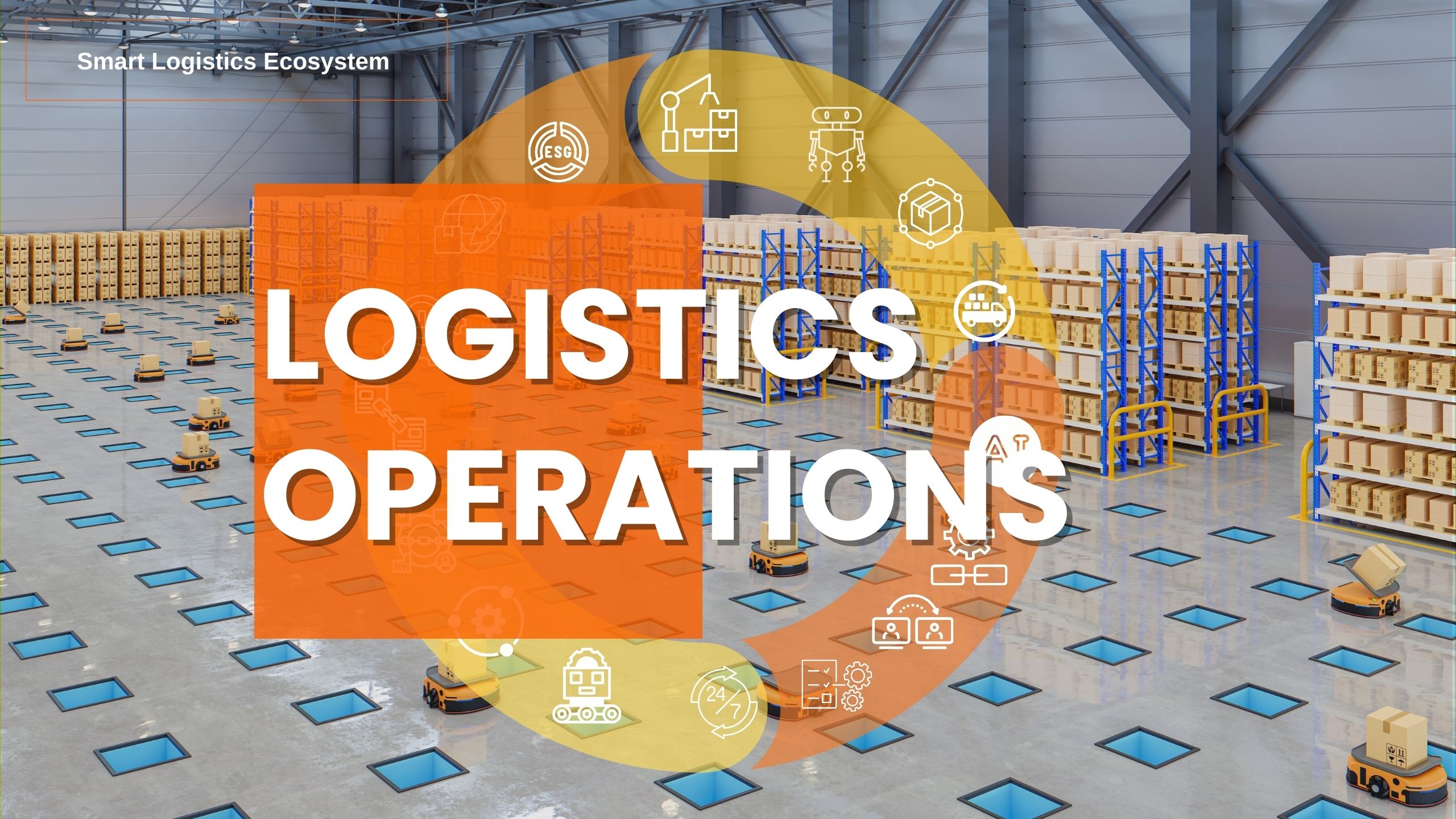Turning Crisis to Opportunity for Hong Kong Logistics
- April 19, 2024

Hong Kong, a long-standing international logistics hub, has faced challenges with the rapid ascent of mainland Chinese ports in recent years. Despite this, the resilience of Hong Kong’s logistics industry is evident. While traditional advantages are gradually being replaced by mainland ports, the industry continues to adapt. Many large enterprises have proactively divested from shipping and logistics businesses, reflecting a dynamic industry outlook.
While some HK news reports have proposed reducing or changing the land use of Hong Kong container terminals, it’s important to consider the potential of the Greater Bay Area. In the face of challenges, we should explore how to make better use of Hong Kong’s advantages. The Greater Bay Area presents a wealth of opportunities, with its proximity to Hong Kong and the potential for strengthening linkages between the two. This could be a more promising direction to facilitate cargo trans-shipment.
The Hong Kong government previously unveiled an “Action Plan on Maritime and Port Development Strategy” to cement its position as an international shipping hub and boost cooperation with mainland cities in the Greater Bay Area, such as Zhuhai and Zhongshan. Their complementary advantages can certainly generate synergies, promoting efficient cargo flows across the region.
In this context, strengthening cooperation with mainland cities in the Greater Bay Area is particularly important. By leveraging their respective strengths and resources, Hong Kong and Pearl River Delta cities such as Zhuhai and Zhongshan can work together to build an efficient smart logistics network that drives cargo flow throughout the entire Greater Bay Area.
Importantly, any development model should adhere to the principle of sustainability. In the future, Hong Kong and mainland cities can explore new logistics platforms, smart technologies, and more to build a model with long-term sustainable development potential jointly.
At this critical juncture of transition, Hong Kong’s logistics industry should first understand new development models and potentials emerging in the area, such as those discussed at https://bit.ly/4d0VACK
Photo Source: Yahoo Finance
Other News
- All Post
- Greater Bay Alliance

The long-awaited Shenzhen-Zhongshan Bridge has finally passed its completion inspection on June 16th. This infrastructure marvel, comprising an underwater tunnel through the Pearl Riverbed and a cross-sea highway bridge, will connect the two cities and slash their travel time to just 30 minutes.

The 15th LET - a CeMAT Asia Event was officially unveiled recently, held for three consecutive days (May 29-31) at the Guangzhou China Import & Export Fair Complex.

Asset partners comprise capital investors and real estate providers with financial resources and physical logistics properties such as warehouses, logistics centers, and distribution centers. Both parties are driven by achieving long-term stable returns and asset appreciation, but they may need more experience in operating logistics assets.

With the increasing demand for online shopping, the logistics industry faces significant challenges and opportunities. To meet the growing needs, logistics operators must invest substantial funds in acquiring new logistics equipment, such as automation, intelligence, and digitization, to enhance operational efficiency and service levels. However, such investments can be a significant burden for many logistics operators.
